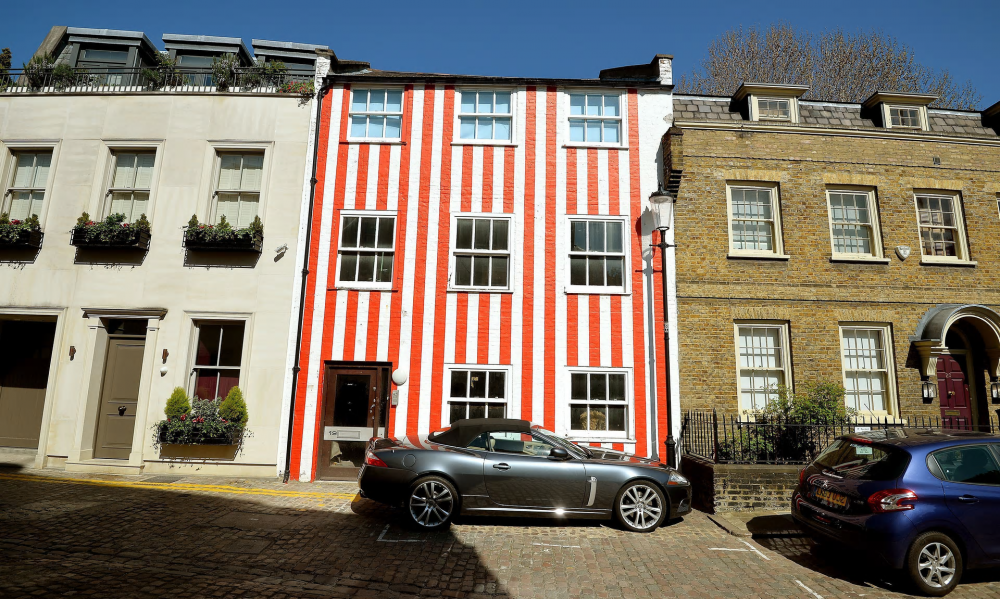Anus matronae parvae malas leges faciunt: Difference between revisions
Amwelladmin (talk | contribs) No edit summary |
Amwelladmin (talk | contribs) No edit summary |
||
| Line 1: | Line 1: | ||
{{a|latin| | {{a|latin|{{image|Stripey House|png|When little old ladies make ''excellent'' law.}}}}{{maximgeneration}} | ||
{{maxim|Anus matronae parvae malas leges faciunt}} is a {{tag|Latin}} maxim I made up, with a ''lot'' of help from my excellent [[secret Latin Advisor]]. It means “''[[little old ladies]] make bad law''”. | {{maxim|Anus matronae parvae malas leges faciunt}} is a {{tag|Latin}} maxim I made up, with a ''lot'' of help from my excellent [[secret Latin Advisor]]. It means “''[[little old ladies]] make bad law''”. | ||
Revision as of 18:17, 18 July 2022
|
The JC’s guide to pithy Latin adages
|
This article comes to you from the Jolly Contrarian’s legal maxim generation service.
Anus matronae parvae malas leges faciunt is a Latin maxim I made up, with a lot of help from my excellent secret Latin Advisor. It means “little old ladies make bad law”.
For every good example of this (there is of course Greenclose v National Westminster Bank plc, and one could argue the entire modern history of equity — all those creatures of equity like constructive trusts), there are examples where little old ladies make excellent law, as in the case of the stubborn old lady called Mrs Lisle-Mainwaring who, when refused planning permission for a basement, painted her house stripey in protest.
Officious pedants at the council tried to order her to repaint it white, and while they were supported by lower level functionaries in district tribunals, the Queen’s Bench Division was having none of it.
We at the Jolly Contrarian are fond of people like Mrs. Lisle-Mainwaring and her spiritual counterpart, Albert Haddock.
